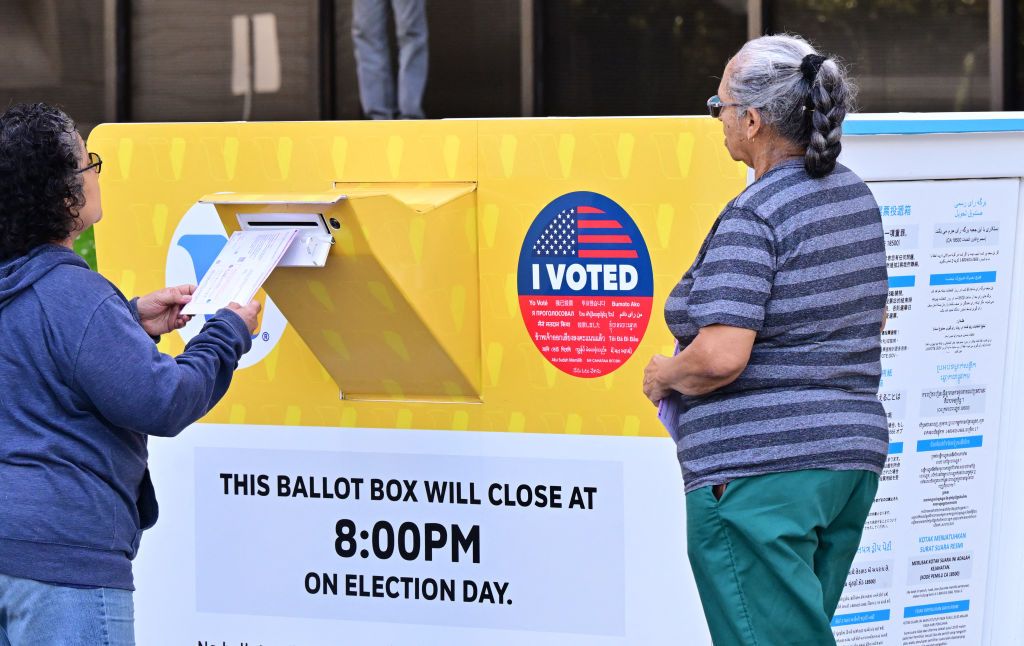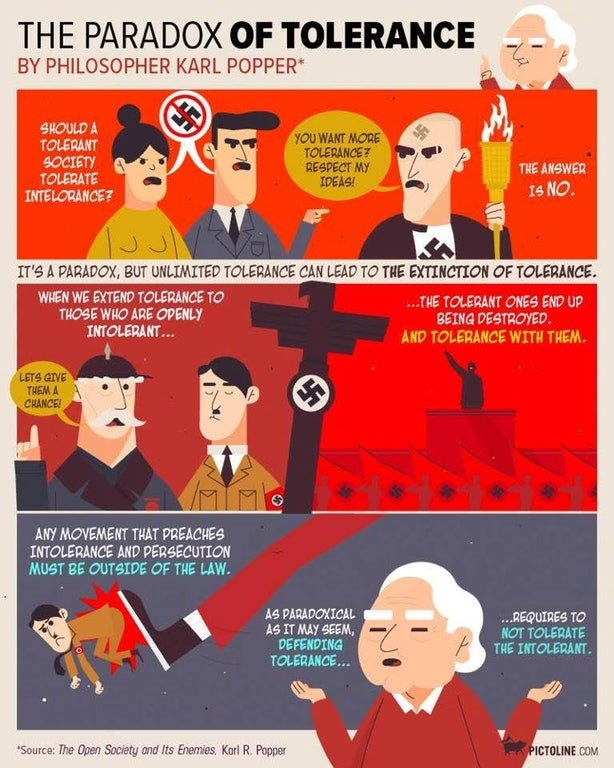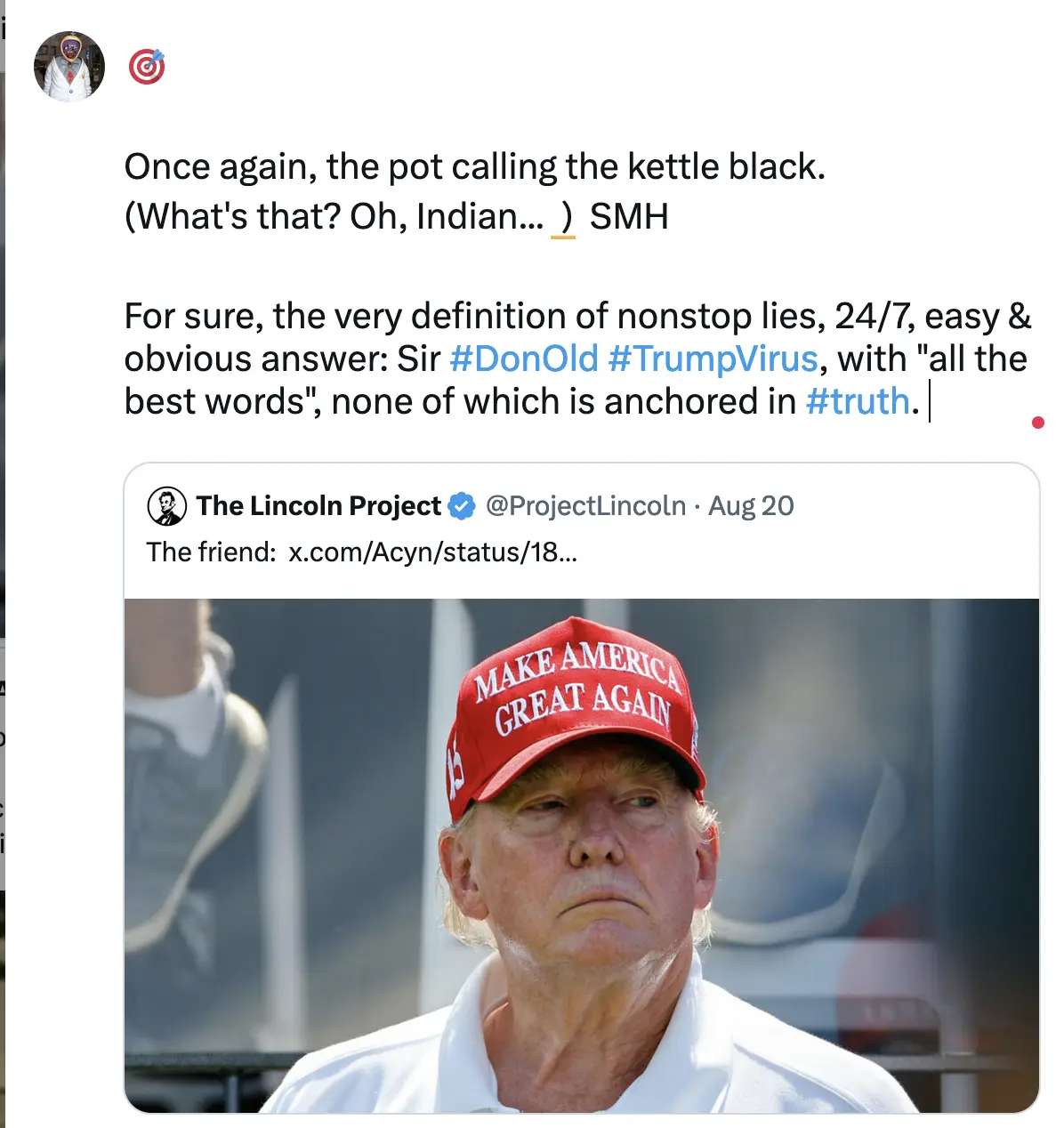By Jon Swaine, Sarah Blaskey and Chris Dehghanpoor
October 21, 2024 at 10:47 a.m. EDT
Matthew Metro didn’t recognize the face that popped up on his cellphone screen when he clicked a link that a friend texted him last week. But after hitting play on the online video, he was dismayed by what he saw.
“My name is Matthew Metro,” said the man in the video, who went on to describe life as a student decades ago at a high school in Minnesota where Democratic vice-presidential nominee Tim Walz was a teacher. Some of the details — including about being at the school when Walz worked there — matched the biography of the real Metro. But the man in the video went further, leveling fabricated allegations against Walz, who the real Metro said he never met.
Millions of people have viewed social media posts containing the video since it was published Wednesday on X, formerly Twitter. For some viewers, the use of Metro’s name and verifiable biographical details created an aura of credibility around the false allegations. Not so for the real Metro, whom The Washington Post located in Hilo, Hawaii.
“It’s obviously not me: The teeth are different, the hair is different, the eyes are different, the nose is different,” said Metro, 45, who has not previously spoken publicly. “I don’t know where they’re getting this from.” Metro showed The Post his Hawaii driver’s license to confirm his identity.
Metro told The Post that Walz never taught him. He said he was irate that his name and biographical information were being used to bolster a lurid false accusation — and that he may be forever associated with it online. “It’s an invasion of my privacy and my personal life,” he said.
The four-minute video, published by a mysterious X account falsely using Metro’s name, is one of numerous outlandish smears against Walz and the other candidates that have flown around social media in recent days, in the final weeks of the presidential campaign. While X eventually added labels beneath the video indicating the content had been manipulated, multiple versions of the clip remain online. In all, posts featuring the video garnered at least 5 million views, according to engagement data the platform publishes.
In a political environment awash with false claims, including sophisticated faked videos of prominent figures, the hoax was unusual in that it appeared to draw on open-source research to crudely steal the identity of a member of the public who had a tenuous historical connection to a candidate currently in the public eye. Moreover, the former student appeared to have been selected because personal details about his real life — among them, his sexual orientation — figured into the fabricated claim and could be seen as corroborating it.
Metro said he was contacted after the video’s publication by a senior aide to Walz. According to Metro, the aide said Walz’s team was investigating and already knew he was not the person featured in the video.
A spokeswoman for the Harris-Walz campaign confirmed the outreach.
X did not respond to emailed questions from The Post.
The earliest instance of the video that The Post could find online was published just after noon on Wednesday by an X account using Metro’s name as its user and display names. Metro told The Post he had no connection with the account; user and display names can be changed at any time. The account was created in October 2023. Other than posts critical of Walz, which began last week, it has mostly shared content about dogs.
The video containing the false allegation against Walz attracted little attention until several hours after it was posted, when it was repackaged and shared by an anonymously operated X account associated with the QAnon conspiracy theory. The video was also shared on Rumble, Truth Social and Gettr — all popular platforms among Trump supporters — by accounts that, according to information in their bios, are linked in a network that also includes the X account.
Messages left for the operator or operators of those accounts received no response.
The X account’s post containing the video was viewed more than 5.4 million times in the next 22 hours, archives show, before it was deleted. The video was shared by other accounts with significant readerships, including Juanita Broaddrick, who accused former president Bill Clinton of sexually assaulting her in the 1970s.
Broaddrick, who deleted her post about the video, did not immediately respond to a message seeking comment.
Many Trump supporters with small followings promoted the post as a bombshell revelation about the conduct of Vice President Kamala Harris’s running mate toward students when he was a teacher, one made credible because there was seemingly a named accuser who had attended a school where Walz taught.
Others researched Metro in school yearbooks and on social media and concluded that the man in the video did not resemble photographs of the real Metro. Some X users dismissed the video as a “deepfake,” citing as evidence apparent visual distortions, including around the man’s mouth.
Several experts told The Post they believe that the clip is not a deepfake and that it shows a real man posing as Metro.
Hany Farid, a professor of computer science and member of the Berkeley Artificial Intelligence Lab, said the video was likely a “cheap fake.” Unlike a typical deepfake, he noted that the bogus Metro — whose voice is heavily accented — does not look or sound like the real one.
Farid said an analysis his team conducted with a computer-assisted detection tool found no evidence of generative AI, a technology used to create deepfakes. He said apparent distortions are actually indications of a low-quality video that was compressed from its original size.
Siwei Lyu, a professor of computer science and engineering at the State University of New York at Buffalo, said analyses of the video by some of his students led them to a similar conclusion. “Our algorithms found no clear evidence to show the video was made or manipulated with AI,” Lyu said. The analysis determined that it was unlikely that the video was created with face swap or lip-syncing, he said.
Oren Etzioni, the founder of True Media, a nonprofit AI company that creates a popular deepfake detection tool, said his firm’s analysis detected significant evidence of audio manipulation. “I think what it indicates most likely is that the video is real, but that the audio has undergone various kinds of transformations,” Etzioni said.
It could not be determined who the man in the video is or why he would pose as Metro and make a false allegation against Walz — or who else, if anyone, might have been involved.
Metro said he was born in Central Pennsylvania. His family moved to Ohio and then New York before arriving in Mankato, Minn., where his parents took jobs at Minnesota State University. Starting in 1994, Metro said he attended West High School, which Walz joined as a teacher two years later.
In the video, the man posing as Metro claims that Walz groped and kissed him in a classroom after he turned to Walz for guidance during a difficult period in his senior year in 1997. But the real Metro said no such interaction occurred and that his senior year “was a breeze.”
The fake Metro says in the video that his parents were getting divorced that year and that he was having to keep his sexuality secret. The real Metro, who is gay, told The Post the opposite was true. “I was completely out in high school,” he said, adding that his parents remain happily married today.
Metro said he was first alerted to the video by an old friend based in Minnesota. “I know this is fake,” he said the friend remarked in the text message last week. Metro said he had since been inundated by messages from friends and relatives, all of whom recognized that he was not the individual in the video.
He said he had “no idea” why he had been targeted for inclusion in the video. He speculated that his dormant accounts on Facebook and other platforms may have been harvested for images and information about his background and interests.
In November, he said, he plans to vote for Harris and Walz.










